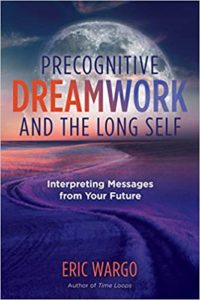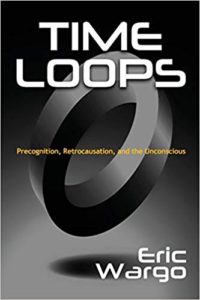Dune / LOTR
On the back cover of my Ballantine paperback edition of Dune, by Frank Herbert, is a review that sticks in my mind from my childhood: “I know nothing comparable to it except … the Lord of the Rings.” That ellipsis, I always imagined, was a dramatic pause.
Is Dune comparable to Tolkien’s masterpiece?
In the scale of the imagined world the author has created, and the endless dramatic and character possibilities, I suppose it is. And like Tolkien’s creation, Dune is a novel of ideas. Teenagers who read Herbert’s epic are enthusiastically devouring a philosophy. It happens to be a different philosophy from that of Tolkien, however, and one considerably less subtle. It is, in a word, Nietzcheanism.
The Nietzchean motto, “What doesn’t kill you, makes you stronger,” imbues Dune. Rereading the book as an adult I was struck by how strenuous was its ethos. It is a picture of humans whose mental and physical skills have evolved to a diamond hardness, and who have found a congenial social structure in a sort of interplanetary Feudalism where the aristocratic few are well-insulated from the restless many. These future supermen are always on edge, always prepared, perfectly trained even down to their micro physiological processes. And it is all very tiring, exhausting to read about. You can barely get your breath.
The most emblematic image or moment in the novel—at least, the one that has always stood in my mind—is the Reverend Mother’s test of the young Paul with the Pain Box, right at the start of the book. He holds his hand in the box while she holds a poisoned needle at his neck; though the box creates a sensory illusion of terrific burning pain, the boy must master his impulse to withdraw his hand or she will prick him with the needle. “It kills only animals,” she explains of the poison (called “Gom Jabbar”)—the implication being that it is the true human who can master his body and therefore endure the pain, knowing that it is only an illusion. Anyone else, anyone who fails the test, is an “animal,” in the strenuous ethos of this hardened far future—or at least, in the strenuous ethos of the order of sisters that the Reverend Mother represents.
Paul, because he has been trained in mental and martial disciplines from earliest childhood—and also because he is genetically superior, a product of selective breeding through several millennia—is able to pass the test, and is therefore deemed truly human.
This image contains within it the Nietzchean ethos of the novel: to be human is to have mastery over oneself, to be skilled, to be patient, and through skill and patience to survive. The heroes of the book—Paul, his mother, the Fremen—know how to survive, and thereby defeat their enemies. Dune certainly contains its bad guys—paradigmatically the soft, hedonistic, ruthless homosexual Baron Vladimir Harkonnen. The good guys are quietly patient, exemplified by the Fremen hoarding water in secret for centuries in order to alter their planet’s ecosystem; there is the poetic image of the solitary willow bending to the wind whose seeds produce a forest that breaks the wind.
So for Herbert, Good, if we can call it that, is an attitude to power, not unlike that found in an Eastern morality tale. Patience, self-mastery, skill, and in the end, ruthlessness. In Dune, the secret substance of the universe, permeating everything, is power. Humanity is a kind of mastery of this power, a knowledge of it and an ability to control it via submission. Like judo.
In the Lord of the Rings, the secret occult substance permeating everything is … humanity itself. There is a kind of undeveloped or nascent humanity in the trees, the stones, in the orcs, in everything. And the quality that brings out this humanity, that realizes and actualizes it, is … what? What is the quality possessed by the heroes? Pity? Mercy? Nobility? It is something like this. It has something to do with nobility and honor and pity. Non-judgement. Even the most evil beings, they are part of a memory of pain, they started as better creatures and were corrupted in long ages past.It is a chain of imperfection. Everything falls along a chain, not of perfection but of imperfection. It is, in other words, the Fall.
So the philosophical contrast between Herbert and Tolkien boils down to this: In Dune, even most humans aren’t human. Most humans are animals. In the Lord of the Rings, many animals are human. Even plants. There is humanity even in evil.



